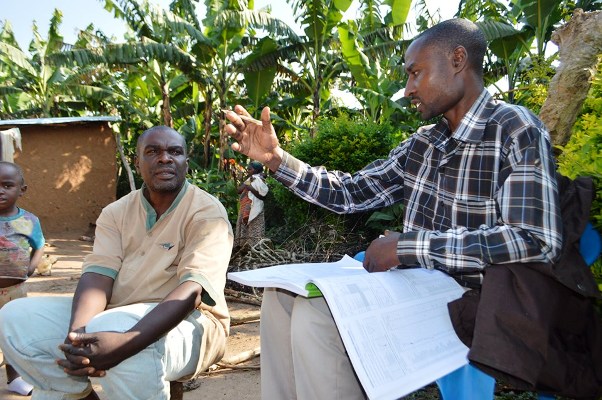On December 16, 2019, the Executive Board of the International Monetary Fund (IMF) approved a disbursement to the Democratic Republic of Congo under the Rapid Credit Facility (RCF) in the amount equivalent to SDR266.5 million (about US$368.4 million, 25 percent of quota) to enable the authorities to meet their urgent balance of payment needs.
It’s the IMF’s first resumption of lending to the country since 2012.
The IMF had previously suspended a loan programme as the government failed to provide sufficient details about the sale of state mining assets.
President Félix Tshisekedi (pictured) has sought to mend frayed relations with foreign donors since taking office in January.
“In addition, the Board was informed about the IMF Managing Director’s approval of a staff-monitored program (SMP) running up to May 2020. The SMP is intended to guide policy implementation, provide authorities with more time to identify, prioritize, and implement reforms aimed at boosting revenue, tackling corruption, and improving governance,” IMF says in a statement.
It adds: “The economic environment remains challenging and vulnerable to shocks. Real GDP growth is projected to decelerate to 4.5 percent in 2019 from 5.8 percent in 2018. The recent fall in commodity prices, new spending initiatives, and looser spending oversight during the political transition period have led to a weaker fiscal position mostly financed by the central bank. In this context, international reserves have fallen to critically low levels creating urgent balance of payment needs.”
IMF further adds that the new government is committed to implementing measures and reforms that would strengthen macroeconomic stability, reinforce international reserves, address issues related to poor governance, a difficult business environment, and pervasive poverty.
“Authorities also intend to boost domestic revenue by restoring the functioning of the VAT and enforcing the personal income tax, while improving mining revenue forecasting. In addition, the government intends to introduce strict spending caps, increase the effectiveness of monetary policy, and foster inclusive growth and private sector development including through infrastructure projects and free basic education,” IMF says.






